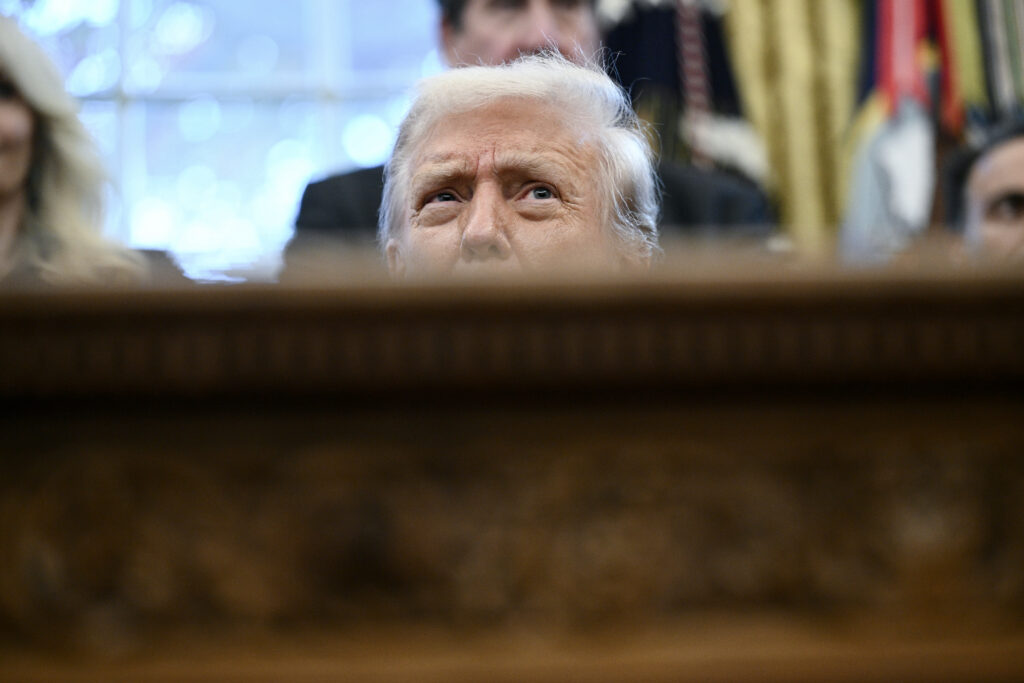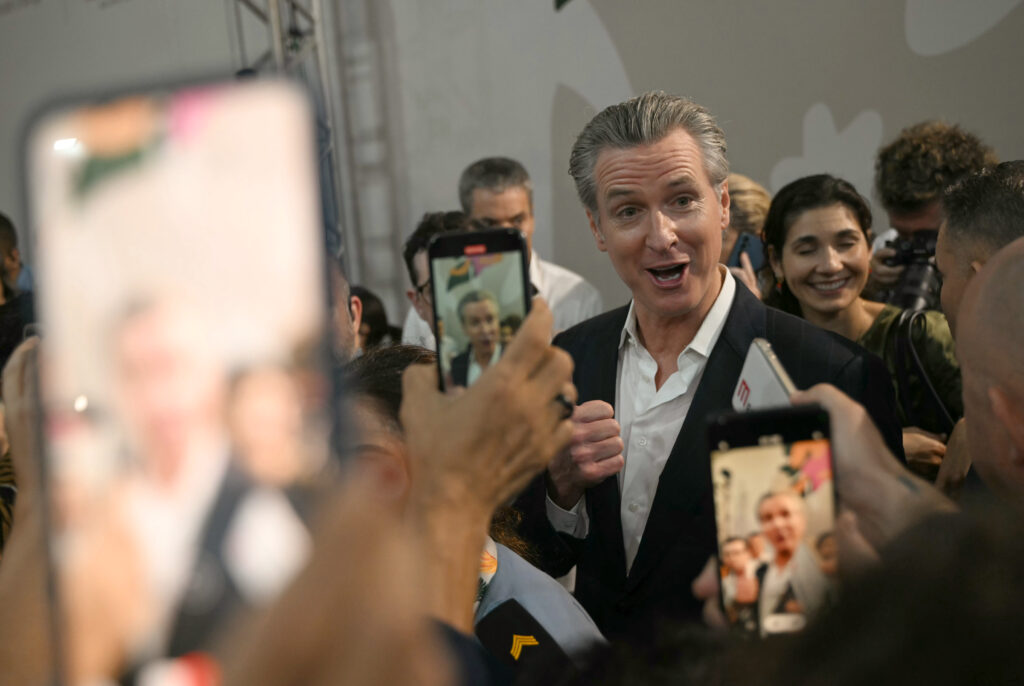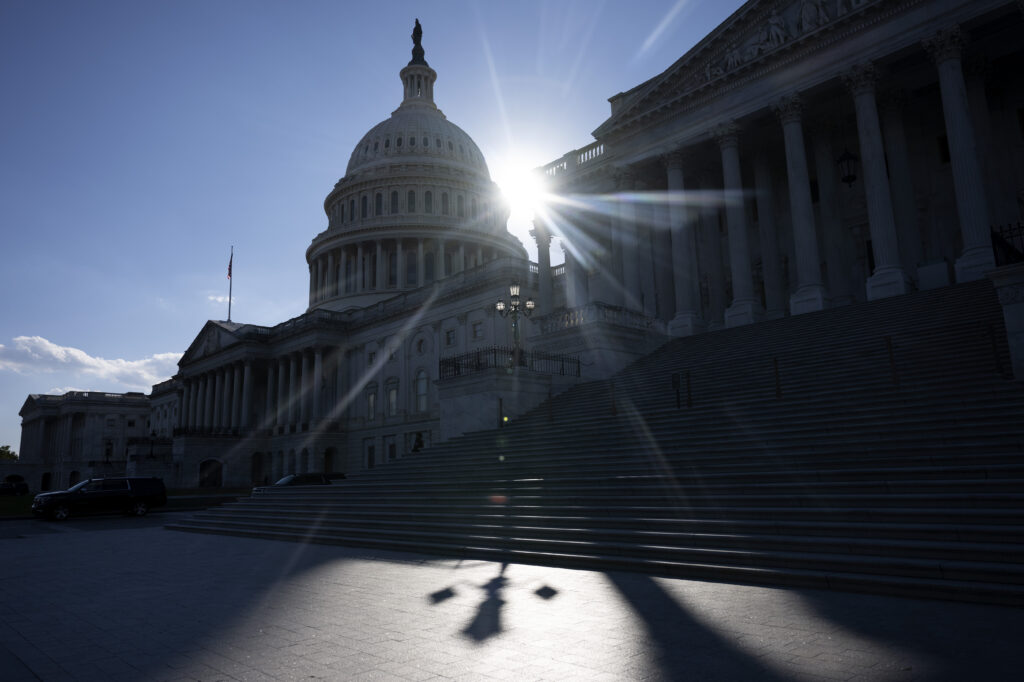New Epstein emails claim Trump ‘knew about the girls’
Jeffrey Epstein suggested Donald Trump knew about the disgraced financier’s abuse and “spent hours” with one of the victims at his house, according to emails released by Democrats Wednesday that raised awkward new questions for the US president.Trump has repeatedly denied any knowledge of the sex-trafficking activities of his former friend — who died by suicide in 2019 while in prison awaiting trial — and accused Democrats of trying to “deflect” from their own failings.But the scandal has proved tough for Trump to shake, and Democrats on the House Oversight Committee said the three new emails “raise serious questions about Donald Trump and his knowledge of Epstein’s horrific crimes.”The pressure on Trump grew later Wednesday, when Republican House Speaker Mike Johnson said he would hold a vote next week on a bid to force the Justice Department to release the remaining Epstein files.In an April 2011 message to longtime associate Ghislaine Maxwell, Epstein asserts Trump spent significant time with a woman whom the White House later identified as Epstein’s main accuser, Virgina Giuffre.”I want you to realize that that dog that hasn’t barked is Trump,” wrote Epstein. He added that the victim “spent hours at my house with him ,, he has never once been mentioned.”Maxwell, who was convicted of sex trafficking after Epstein’s death, replied: “I have been thinking about that…”- ‘Of course he knew’ -In another email to the author Michael Wolff, dated January 31, 2019, Epstein allegedly wrote: “of course he knew about the girls as he asked Ghislaine to stop.”Republicans later released a trove of thousands of emails, obtained after Democrats subpoenaed Epstein’s estate earlier this year, including one in which Epstein called Trump “dirty.”The Epstein furor is still roiling Trump’s administration more than four months after his Justice Department sought to close the case.Keen to capitalize on the simmering controversy, Democrats in the House have been trying to force a vote that would compel publication of the full Epstein case files.Trump urged Republicans not to fall into a “trap,” and top officials hosted hard-right Republican Lauren Boebert in the White House Situation Room to push her to keep her name off the petition.”The Democrats are trying to bring up the Jeffrey Epstein Hoax again because they’ll do anything at all to deflect on how badly they’ve done,” Trump said on Truth Social.But Boebert refused to back down, and the petition passed when Democratic congresswoman Adelita Grijalva was sworn-in after weeks of delay and immediately signed the petition.Johnson said the House vote on the files would take place next week, earlier than expected, as Republicans try to put the issue behind them.- MAGA base furious -The White House went into fightback mode, accusing Democrats of selectively leaking the messages to “create a fake narrative to smear President Trump.”Press Secretary Karoline Leavitt said that Virginia Giuffre, who herself died by suicide in April, had declared that Trump “‘couldn’t have been friendlier’ to her in their limited interactions.”The Epstein scandal has dogged Trump for months, after his Justice Department in a July memo reaffirmed he died by suicide, and that a “client list” Attorney General Pam Bondi claimed to have been reviewing did not in fact exist.It sparked a furious backlash from Trump’s “MAGA” support base, who felt betrayed after being told for years that a “deep state” cover-up was protecting figures in the Democratic Party whom they accused of being Epstein’s clients.Trump’s MAGA lieutenants — including two allies who now run the FBI — made careers of fanning the conspiracy theories, including that Epstein’s suicide was actually a murder ordered by his powerful clients.Trump’s ties to Epstein are extensive. The pair were pictured partying together during a 15-year friendship before they reportedly fell out in 2004 over a property deal, and when Trump subsequently denounced his former ally.








